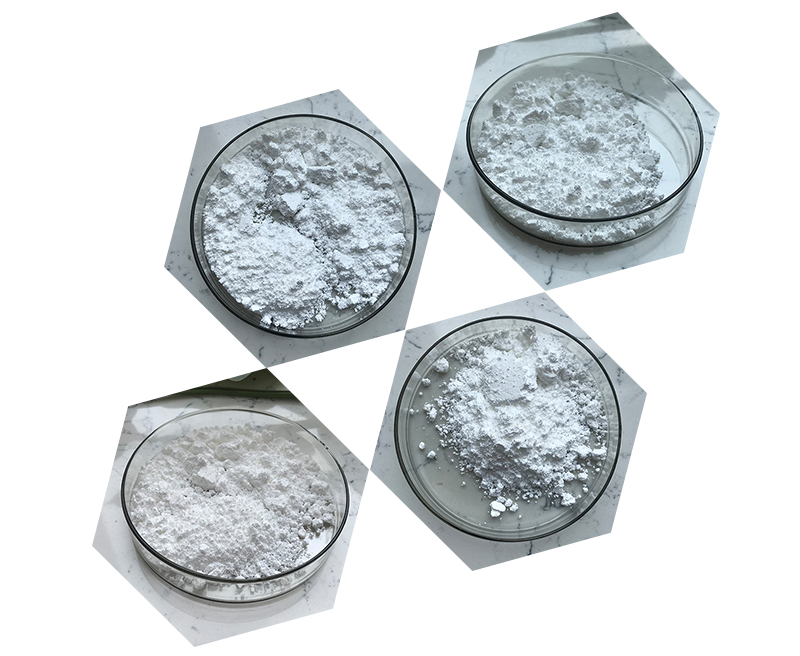The basic component of NMNH (Reduced Nicotinamide Mononucleotide) is derived from NMN (Nicotinamide Mononucleotide), a precursor to NAD⁺(Nicotinamide Adenine Dinucleotide). NMNH is the reduced form of NMN, which means it carries additional hydrogen atoms compared to its oxidized counterpart.
Here’s a breakdown of its structure:
- Nicotinamide (a form of vitamin B3, also known as niacin): This is the core structure of NMNH.
- Ribose phosphate: A sugar molecule linked to the nicotinamide group via a phosphate bond.
NMNH plays a crucial role in cellular energy metabolism by helping to replenish NAD⁺ levels, which decline with age. NAD⁺ is involved in many biological processes, including DNA repair, energy production, and regulating cellular stress responses.

Applications of NMNH
NMNH (Reduced Nicotinamide Mononucleotide), also known as β-Nicotinamide Mononucleotide (β-NMN), is a reduced form of Nicotinamide Mononucleotide (NMN). It plays a significant role in various biological processes, particularly in relation to the NAD+ (Nicotinamide Adenine Dinucleotide) metabolism pathway. Here are some key applications and potential benefits of NMNH:
1. Anti-Aging and Longevity:
- NAD+ Boosting: NMNH is a precursor to NAD+, a crucial coenzyme involved in cellular energy production and DNA repair. Boosting NAD+ levels can potentially enhance cellular health, improve mitochondrial function, and delay the aging process.
- Sirtuin Activation: Increased NAD+ levels through NMNH supplementation can activate sirtuins, proteins associated with cellular repair, longevity, and metabolic regulation.
2. Metabolic Health:
- Improved Energy Metabolism: NMNH can enhance the body’s metabolic processes by increasing NAD+ levels, leading to better regulation of glucose and lipid metabolism.
- Obesity and Diabetes Management: It may help in improving insulin sensitivity and reducing obesity-related complications, making it a potential candidate for managing metabolic disorders like type 2 diabetes.
3. Neuroprotection:
- Cognitive Function and Neurodegenerative Diseases: NMNH may have neuroprotective effects, potentially improving cognitive function and reducing the risk of neurodegenerative diseases like Alzheimer’s and Parkinson’s by maintaining NAD+ levels and promoting neuronal survival.
4. Cardiovascular Health:
- Heart Function and Blood Flow: NMNH supplementation can improve heart function and enhance blood flow by promoting the production of NAD+, which is essential for the health and function of endothelial cells lining blood vessels.
5. Muscle Health and Physical Performance:
- Enhanced Muscle Recovery and Endurance: By boosting NAD+ levels, NMNH can support muscle health, improve endurance, and promote faster recovery after exercise, which is beneficial for athletes and those engaging in regular physical activity.

6. Immune Function:
- Immune Cell Activity: NMNH can support the function of immune cells by providing the necessary NAD+ for cellular energy and repair, potentially enhancing immune response and resilience against infections.
7. Skin Health:
- Anti-Aging Skincare: NMNH may be used in topical formulations to boost NAD+ levels in skin cells, promoting skin repair, reducing oxidative stress, and improving overall skin appearance.
8. Potential Therapeutic Applications:
- Clinical Studies and Research: Ongoing research is investigating the therapeutic potential of NMNH in treating various conditions, including chronic fatigue syndrome, mitochondrial diseases, and age-related decline in organ function.
While NMNH shows promising potential in various applications, it’s important to note that much of the research is still in the early stages, and more clinical studies are needed to fully understand its effects and safety profile in humans.
